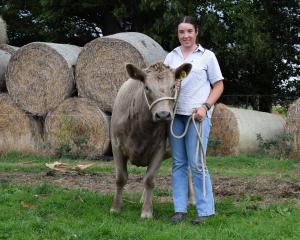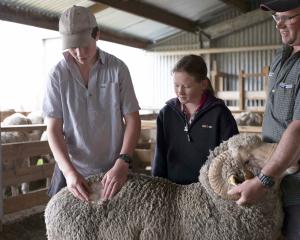
The staff at Power Farming adapted to the new regulations to ensure they could continue to provide and repair equipment needed by farmers for their seasonal tasks.
‘‘Everybody basically kept working,’’ New Zealand marketing manager Aaron Coffey said.
Some farmers shut their gates during the Level 4 lockdown, so mechanics had to arrange separate access to the tractor or other gear that needed attention, he said.
The Power Farming staff were careful not to go into people’s houses or breach physical distancing requirements. They also carried out disinfection procedures to protect both customers and themselves.
It was a somewhat solitary working life for the technicians in the field, Mr Coffey said.
Some jobs took a little longer than usual, due to the logistics of transporting parts and materials around New Zealand during the lockdown.
However, Power Farming’s policy of having about 40% of its parts stored at its dealerships, plus the inventory kept in its warehouses in Christchurch and Morrinsville, minimised hold-ups.
‘‘Farmers noticed it was pretty much business as usual,’’ Mr Coffey said.
The company’s dealership infrastructure came to the fore.
‘‘We’re really proud of them. It’s good to have a bit of passion about your community.’’
Mr Coffey believed a positive aspect of the lockdown was an improvement in everyone’s computer literacy. And the Government had acknowledged the need to improve hinterland connectivity with last week’s announcement of a $15million investment in rural broadband technology.















